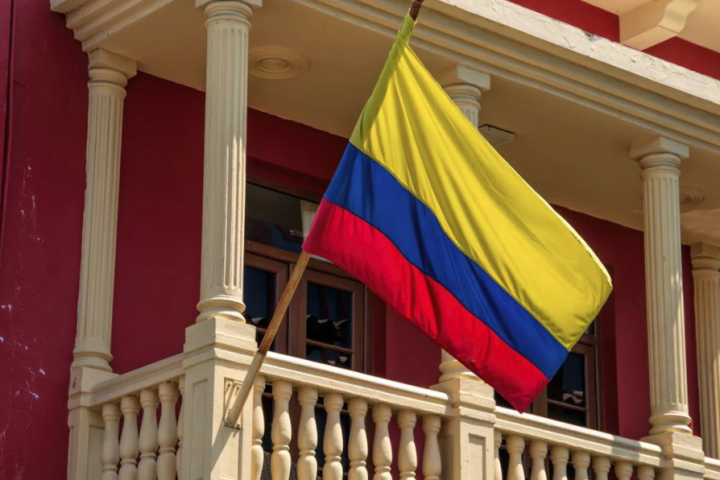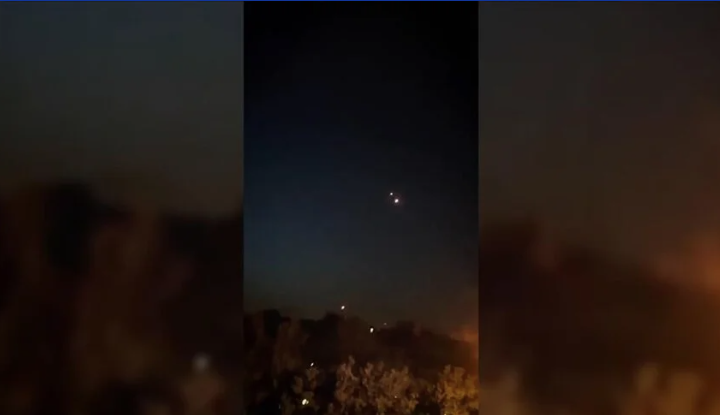As calls for Israel to be banned from the Eurovision Song Contest continue in Europe, the second song submitted by the Tel Aviv administration for the contest was rejected due to its political message.
According to Israel’s Ynet news website, citing Foreign Ministry officials, the European Broadcasting Union (EBU) rejected Israel’s second song submitted for the competition.
“Dance Forever”, like the first song submitted by Israel, “October Rain”, made reference to the October 7 attack by the Izz ad-Din al-Qassam Brigades, the military wing of Hamas.
In the news report, it was stated that the second song was rejected due to its political content like the first one, and it was noted that both songs were submitted to the competition together.
Israeli sources with knowledge of the issue were quoted in the news report as saying that the search for a solution with the EBU continues, but they are “pessimistic” about reaching a positive outcome.
On the other hand, Israel’s state broadcaster KAN said in a statement that Minister of Culture and Sports Miki Zohar had asked the EBU to approve Israel’s first song for the contest.
While it is known that countries wishing to participate in the Eurovision Song Contest with songs containing political messages have been banned in the past, it was noted that the EBU is examining the song that Israel plans to participate in the contest and will decide on its suitability.
However, in a statement made by KAN, it was announced that if the EBU rejects the Israeli song with a political message, the song will not be changed and Israel “will not be able to participate in the contest”.
Israeli President Isaac Herzog said, “It is important for Israel to participate in Eurovision, it is also important to be smart, not just right.”
Calls in Europe for Israel to be banned from Eurovision
La Zarra, the Moroccan-Canadian singer of Moroccan origin who represented France in the 2023 Eurovision Song Contest, called for Israel to be banned from the song contest on January 10, saying, “Unfortunately, we are once again facing massacres and genocide against the Palestinian people and attacks in the West Bank and Lebanon.”
In Sweden, 1,000 people, including artists and music industry officials, collected signatures on January 10 and demanded that “Israel be banned from the Eurovision Song Contest”. The artists demanded that Sweden withdraw from the contest if Israel’s participation was not prevented.
The left-wing Podemos Party, which supports Spain’s minority left-wing coalition government from outside, demanded on January 1 that Israel be expelled from the Eurovision Song Contest due to its indiscriminate attacks on civilians in Gaza.
In some countries, such as Ireland, artists and politicians are calling for Israel’s exclusion from the Eurovision Song Contest.
In Iceland, the musicians’ association called in December for the national broadcaster RUV to withdraw from the 2024 Eurovision contest.
According to a Gallup poll published on Iceland’s national broadcaster RUV, half of Icelandic citizens think the contest should be boycotted.





